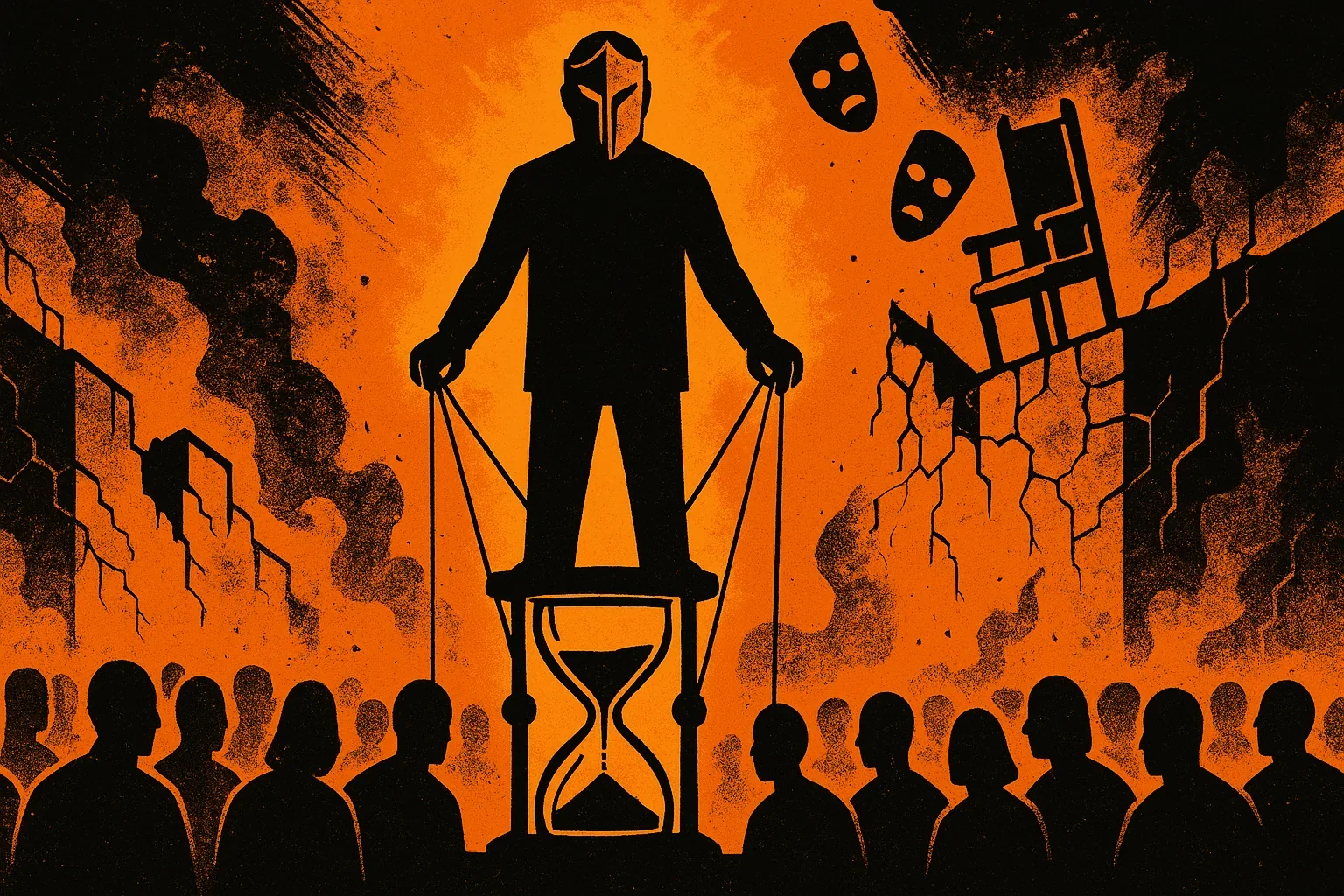Since his return to power in 2009, Benjamin Netanyahu has turned crises into fuel for his survival; every setback is framed as a "tactical victory" and every criticism as a "conspiracy against state security." This is how he created what the paper calls the "long political time," in which the leader's legitimacy is renewed whenever a crisis intensifies.
He built his identity on managing fear of the Palestinians, the Iranians, and internal chaos, until an equation was established that his departure meant the shaking of the state.
Since late 2022, he led the most right-wing government in Israel's history, which included Smotrich and Ben-Gvir, and managed to manage its contradictions with a combination of maneuvering and appeasement.When he signed a ceasefire agreement in January 2025, Ben-Gvir left the coalition in protest, but Netanyahu preferred to temporarily sacrifice him for domestic calm. When he resumed the war in March 2025 under pressure from the right, Ben-Gvir returned to the government, demonstrating Netanyahu's ability to manage the political "ebb and flow" without losing control.
The deal itself included a ceasefire, a partial withdrawal from urban areas in Gaza, and the release of 20 Israeli prisoners in exchange for 1,950 Palestinians (including 250 long-term convicts).Despite rejection by his hardline wing, he presented it as a "calculated achievement" that returned the prisoners and preserved the fact that 72% of Israelis supported the deal, giving him additional time to consolidate his position and postpone any early elections.
To view the video and read the full analysis paper, please scroll down.
Netanyahu and political longevity: The leader who lives by the rhythm of crises
The more the crisis in Israel intensifies, the more Netanyahu remains steadfast... as if fear is the secret to his survival.

Comments